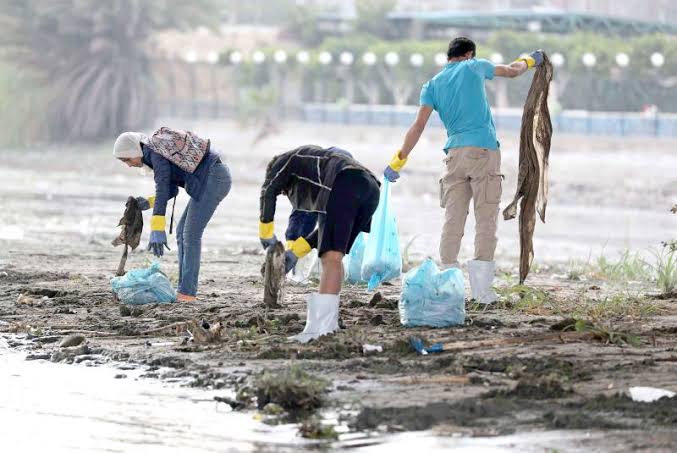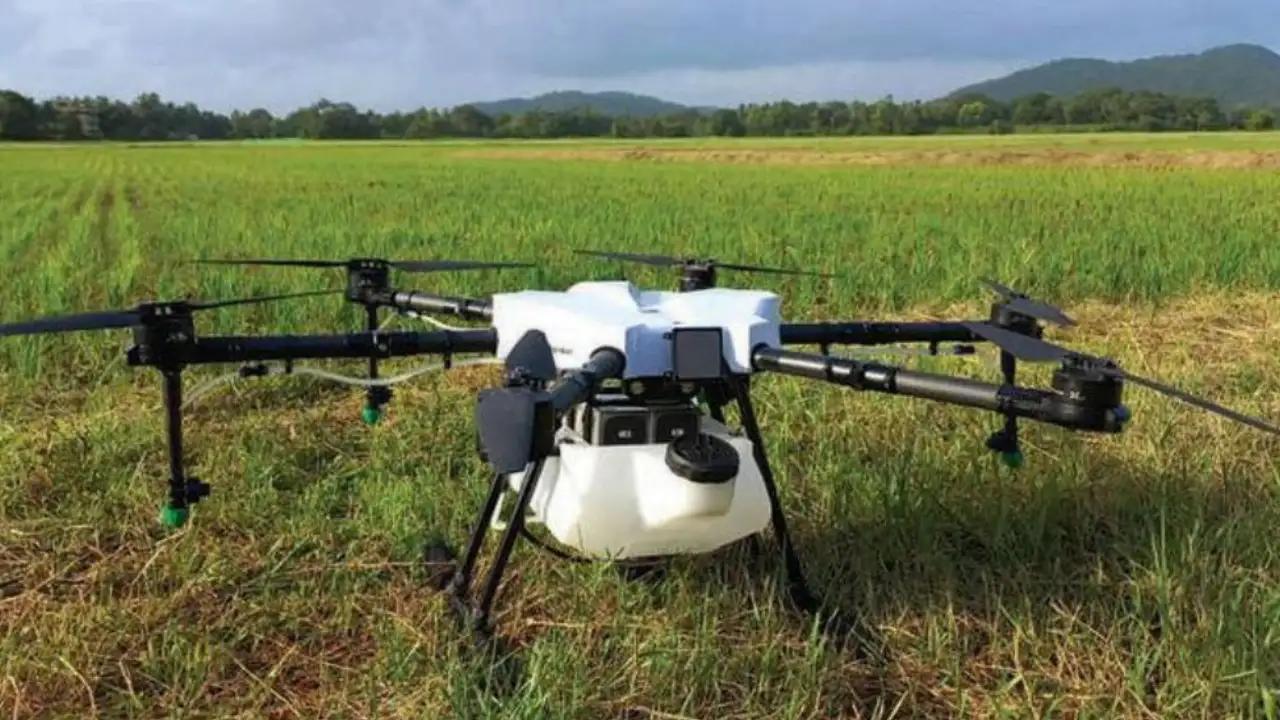 Image Source: The Arab Weekly
Image Source: The Arab Weekly
Plastic waste is piling up in rivers across Indian cities, turning once-vibrant waterways into toxic streams. From Mumbai’s Mithi and Dahisar to Kolkata’s riverbeds, the crisis is putting both aquatic life and public health at risk. But amid the mounting pollution, citizens and community groups are stepping up to fight back.
Key Highlights:
Mumbai’s rivers, including the Mithi, Dahisar, and Oshiwara, are clogged with plastic bags, bottles, and industrial debris. This pollution blocks drainage, causing severe flooding during monsoons and spreading waterborne diseases among nearby communities.
In Kolkata, surveys by Sabuj Mancha reveal that riverbeds are so choked with plastic that vital freshwater ecosystems are on the verge of collapse. Microplastics are entering the food chain through fish, threatening both biodiversity and human health.
In Manipur, officials have linked recent flooding to plastic bottles and bags blocking river flow, especially in the Nambul River, which passes through dense urban markets where waste is often dumped along the banks.
Citizens are taking action through clean-up drives, awareness campaigns, and creative initiatives like street plays. In Dibrugarh, a powerful street performance titled "The River’s Illness" brought the issue to life, urging immediate behavioral change.
Community-led projects, such as the River Cleanup NGO, are combining technology, education, and local empowerment to tackle the problem. These efforts not only remove trash but also create jobs and inspire long-term change.
Experts and activists agree: stricter enforcement of plastic bans, better waste management, and public participation are crucial to saving the rivers.
Source: Times of India, Hindustan Times, Clean Geosphere, UNESCO, Sabuj Mancha
Advertisement
Advertisement






